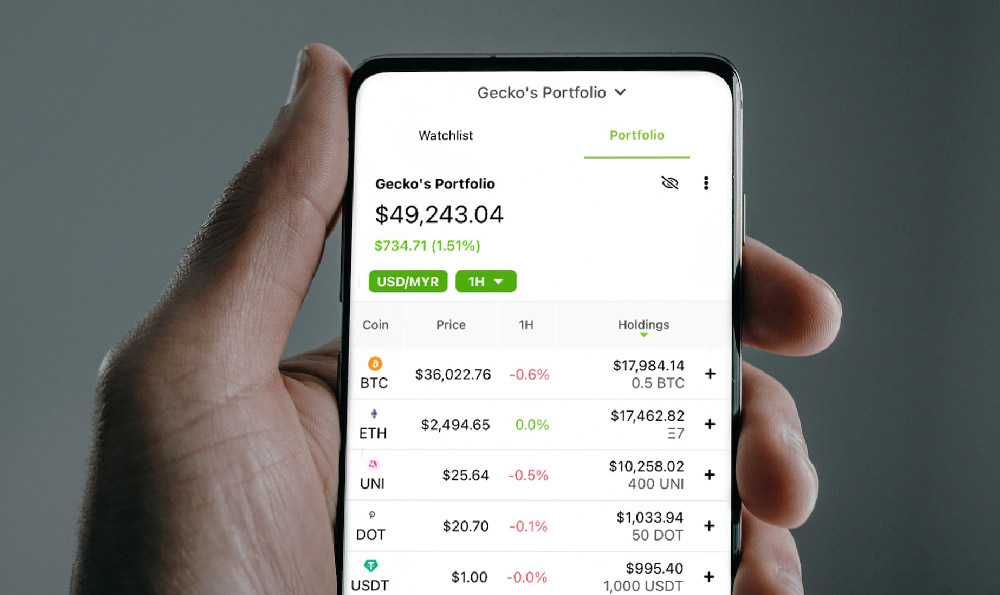Okay, I'm ready. Here's an article on the topic, aiming for the specified length and avoiding the outlined stylistic constraints.
How much do producers earn for their creative endeavors, and is this remuneration sufficient for their labor and dedication? This question cuts to the heart of the creative economy, where passion and artistic vision intersect with the harsh realities of financial sustainability. There is no single, simple answer; the compensation landscape for producers is incredibly varied, influenced by the industry they operate in, their experience level, the scale of their projects, and the specific agreements they negotiate.
Let's examine the world of music production. An independent music producer working with emerging artists might earn anywhere from a few hundred dollars per track to a few thousand, especially if they're splitting royalties. Their income is heavily dependent on the success of the artists they work with and their ability to attract new clients. Conversely, a renowned music producer, commanding top-tier studio facilities and boasting a string of platinum records, can negotiate substantial upfront fees – sometimes exceeding tens of thousands of dollars per track – plus a significant share of royalties, affording them a comfortable and potentially lucrative lifestyle.

The situation is similar, yet distinctly nuanced, in the film and television industry. Here, "producer" encompasses a vast range of roles, from the executive producer who secures financing and oversees the project to the line producer who manages the day-to-day logistics of filming. An executive producer might receive a percentage of the film's or show’s overall budget, typically a few percentage points. The actual sum greatly varies depending on the budget, from tens of thousands to millions of dollars. Line producers, on the other hand, usually receive a salary or a weekly rate, which depends on their experience and the size and complexity of the production. The range can be quite broad, stretching from a few thousand dollars per week for smaller independent projects to tens of thousands for large-scale studio productions. Independent producers, responsible for developing and selling projects, often work without a guaranteed salary, relying on the hope of optioning or selling their projects and receiving a percentage of the profits. This is a particularly risky endeavor, requiring tenacity, networking skills, and the ability to weather extended periods without income.
Beyond the entertainment industries, the role of "producer" also exists in other creative fields, such as video games and podcasts. Game producers are instrumental in guiding the development process, managing teams, and ensuring the game meets its budget and deadline. Their compensation packages typically consist of a salary and potentially bonuses tied to the game's success. Podcast producers are often responsible for everything from concept development and scriptwriting to recording, editing, and marketing. Depending on the podcast's revenue model and the producer's level of involvement, they might earn a flat fee per episode, a share of advertising revenue, or a combination of both. The income can vary widely, from minimal earnings for hobbyist podcasts to substantial revenue for professionally produced shows with a large audience.
The question of whether producers are paid enough is inherently subjective. It prompts a deeper investigation into the value that producers bring to the table. Producers are not merely administrators; they are often the creative visionaries, the problem-solvers, and the driving forces behind successful projects. They take on significant risks, both financial and reputational, and invest countless hours in their work. Yet, many producers, especially those starting out, struggle to make ends meet, often working long hours for modest compensation. The creative industries are notoriously competitive, with many individuals vying for limited opportunities. This can create downward pressure on wages, making it difficult for producers to negotiate fair compensation.
Moreover, the rise of digital platforms and the democratization of content creation have further complicated the landscape. While these platforms have lowered the barrier to entry for aspiring creators, they have also created an abundance of content, making it more difficult for producers to stand out and monetize their work. The proliferation of free or low-cost content has also influenced audience expectations, making it challenging to charge premium prices for produced works.
The lack of transparency in the creative industries contributes to the issue. Compensation agreements are often negotiated behind closed doors, making it difficult for producers to benchmark their worth and advocate for fair pay. Increased transparency, along with greater collective bargaining power, could help to level the playing field and ensure that producers are adequately compensated for their contributions.
Ultimately, ensuring that producers are paid fairly requires a multi-faceted approach. It necessitates fostering a culture of respect for creative work, promoting transparency in compensation practices, and empowering producers to negotiate effectively. It also demands a willingness from consumers to support creative content through paying for subscriptions, purchasing products, and attending events. Only through a collective effort can we create a sustainable ecosystem where producers are valued, respected, and adequately compensated for their essential role in shaping the cultural landscape. Simply put, adequate compensation is not just about financial security; it’s about recognizing the immense contribution producers make to entertainment, art, and information, driving innovation, and fueling our shared cultural experience. A thriving creative economy depends on fairly valuing and compensating the individuals who bring vision to life.












